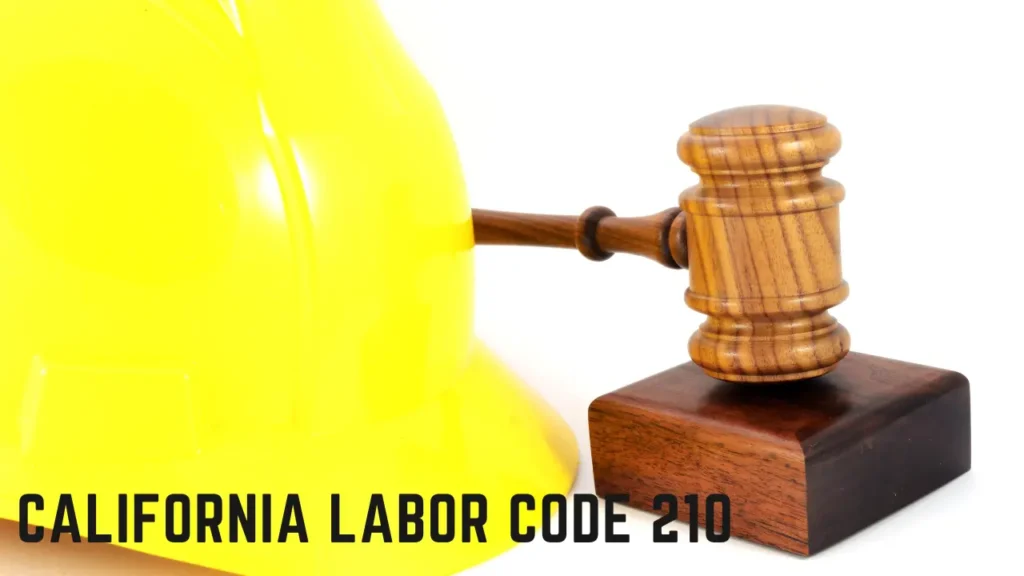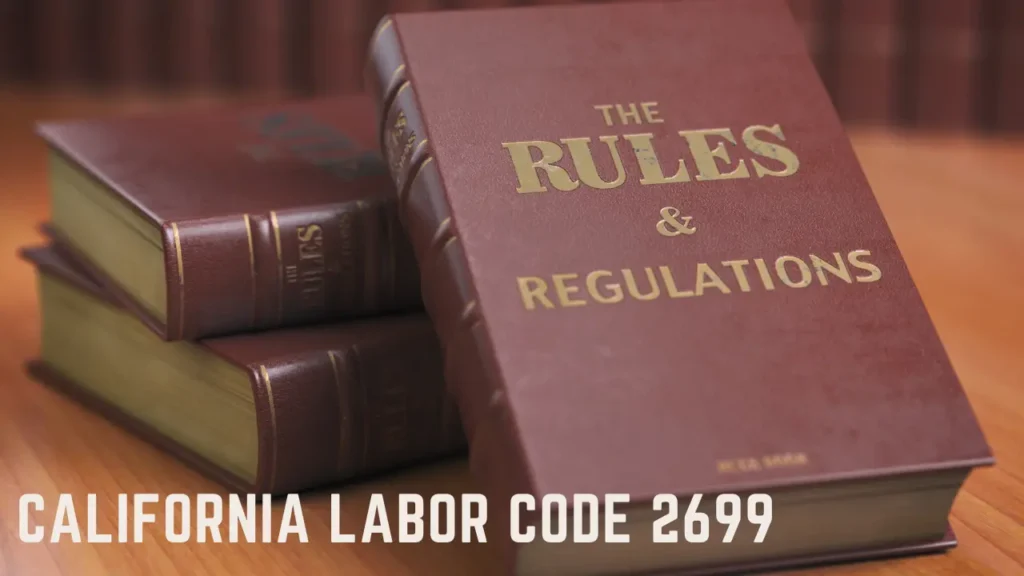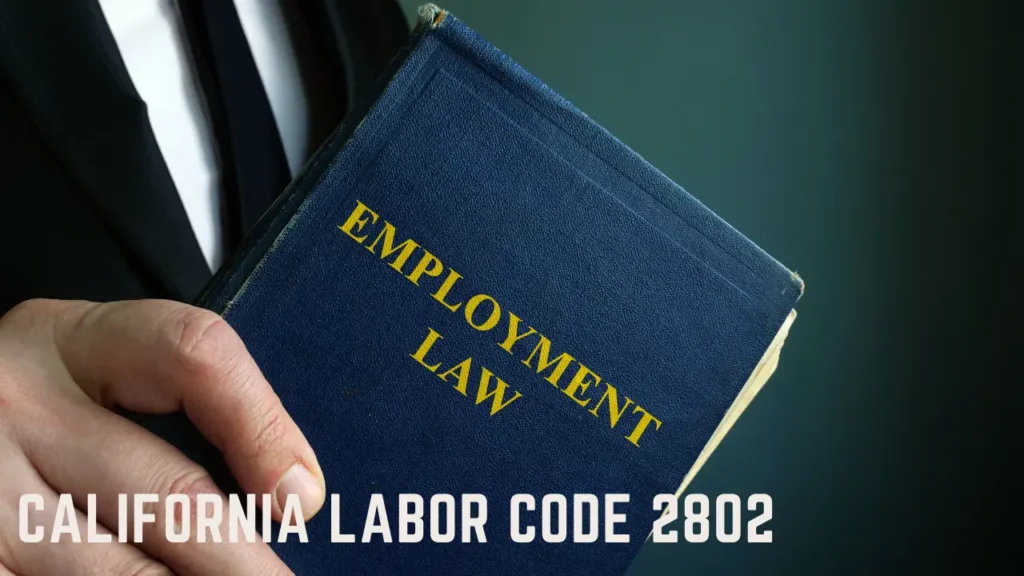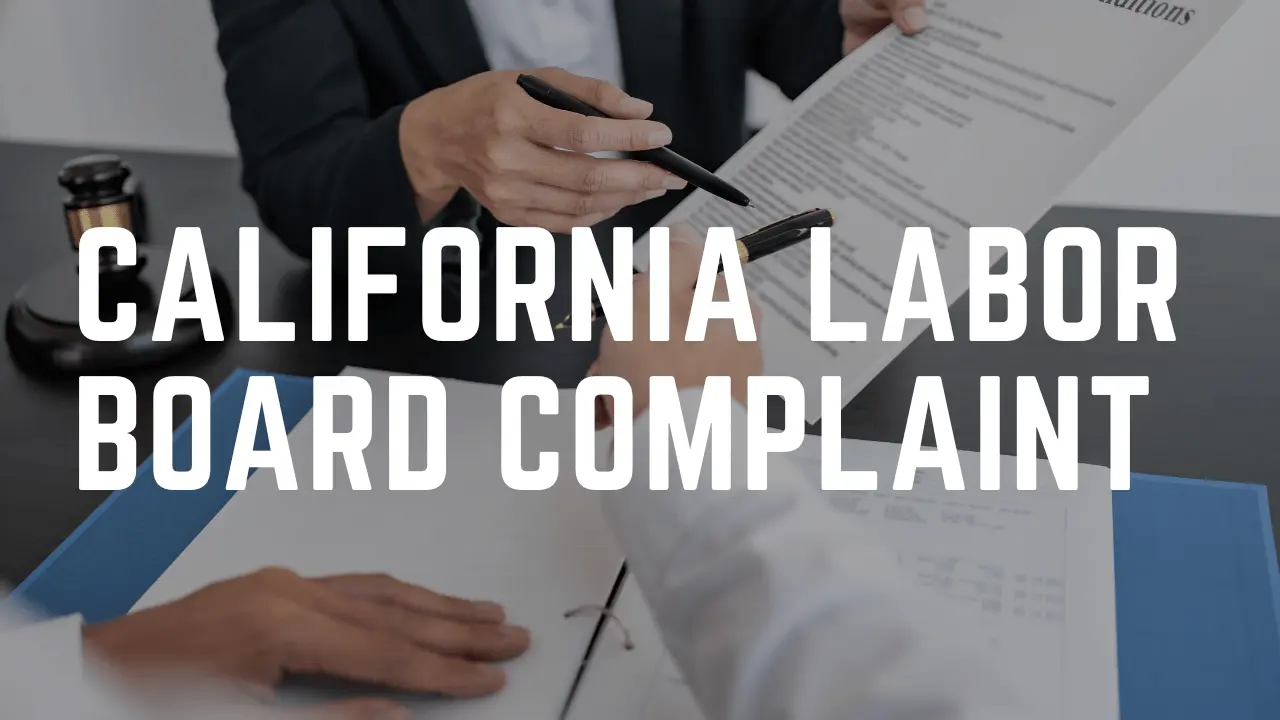Table of Contents
ToggleAs an employee, you’re in a unique position to identify fraudulent claims made by your employer against the state government. But the fear of backlash can be paralyzing. The CFCA includes provisions for Qui Tam actions and retaliation protections, acting as a safety net for whistleblowers, yet many individuals are not fully aware of these protections.
This discussion aims to shed light on these aspects of the CFCA, equipping you with the knowledge to walk this tightrope with confidence.
Understanding California False Claims Act
Navigating the intricacies of the California False Claims Act (CFCA) can empower you to protect yourself and your community from fraudulent activities involving government funds. This legislation targets CFCA violations such as presenting false claims or conspiring to commit fraud against the government. Understanding these prohibited activities is crucial, as ignorance can’t be an excuse.
Remember, you don’t need to prove an intent to defraud – if it’s false, it’s illegal. More importantly, you should know your whistleblower rights. You’re protected against retaliation, meaning your employer can’t fire, demote, or discriminate against you for opposing these violations.
Qui Tam Lawsuits and CFCA
Building on your understanding of the California False Claims Act, let’s explore the crucial role of Qui Tam lawsuits, a key mechanism that empowers individuals like you to actively combat fraud and protect government resources.
- Qui Tam Lawsuits: These are legal actions filed by private citizens, often California employees. They’re a potent tool to expose fraudulent activities, particularly against government contractors.
- Role in CFCA: Under CFCA, you can sue on the government’s behalf if you witness fraudulent activities in your workplace.
- Rewards: If successful, you could receive a portion of the recovered damages. This serves as a significant incentive for whistleblowers.
- Protection: You’re safeguarded against retaliation, ensuring your rights remain intact.
Employee’s Role in Qui Tam Suits
Diving into the heart of Qui Tam lawsuits, you as an employee hold an indispensable role in exposing fraudulent activities and defending government resources. Your involvement is crucial to unveil unethical conduct. It’s you who often first notice suspicious activities, and it’s you who can take the first step to halt them by filing a Qui Tam suit.
You’re not alone in this fight though. Legal protections are in place to safeguard you from retaliation. These laws prohibit employers from discharging, demoting, or discriminating against whistleblowers like you.
CFCA Whistleblower Retaliation Lawsuits
While your role in exposing fraudulent activities is pivotal, it’s equally important to understand your rights and protections under the CFCA, particularly when it comes to whistleblower retaliation lawsuits. If you experience retaliation for reporting CFCA violations, you may file a lawsuit for:
- Wrongful termination: Your employer can’t fire you for whistleblowing.
- Reinstatement: If you’re fired, you can fight for your job back.
- Back pay: You’re entitled to lost wages if wrongfully terminated.
- Special damages and litigation costs: These cover emotional distress and legal fees.
Protections for Whistleblowers
Under the umbrella of the California False Claims Act, you’re not just a brave whistleblower, but also a protected one, shielded from retaliation by your employer. Your whistleblower rights are secured under this law, which includes retaliation safeguards. You can’t be discharged, demoted, or discriminated against for unveiling fraudulent activities.
If you face such retaliation, you can file a lawsuit within three years of the retaliatory action. Successful lawsuits can result in reinstatement, back pay, special damages, and coverage of litigation costs. So, you’re not only playing a pivotal role in preventing fraud against the government, but you’re also legally protected for doing so.
Stand up against fraud with the confidence that your rights are protected under the CFCA.
Comparing State and Federal False Claims Acts
Now that we’ve established your protections as a whistleblower under the California False Claims Act, let’s examine how this state law compares and contrasts with its federal counterpart.
- Jurisdiction: State vs federal false claims acts operate in different courts. The California Act has jurisdiction over state-funded programs while federal claims concern nationally funded programs.
- Payouts: Both offer whistleblowers financial rewards but the payout percentages can differ.
- Legal Protections: Both laws protect whistleblowers from retaliation, with the state law sometimes offering broader protections.
- Timeframes: Each has its own statute of limitations.
Understanding these differences can help you navigate the legal landscape, ensuring your rights are fully protected, whether you’re blowing the whistle on state or federal wrongdoing.
Conclusion
You’re armed with knowledge now. If you spot fraud against the state government, remember, California law has your back. You can file a Qui Tam suit under the CFCA, and if retaliation occurs, you’re protected.
Don’t be afraid to compare the state and federal False Claims Acts, and know your rights. Standing up against fraud is daunting, but you’re not alone. Make an informed decision. Stand for integrity. It’s the right thing to do.














